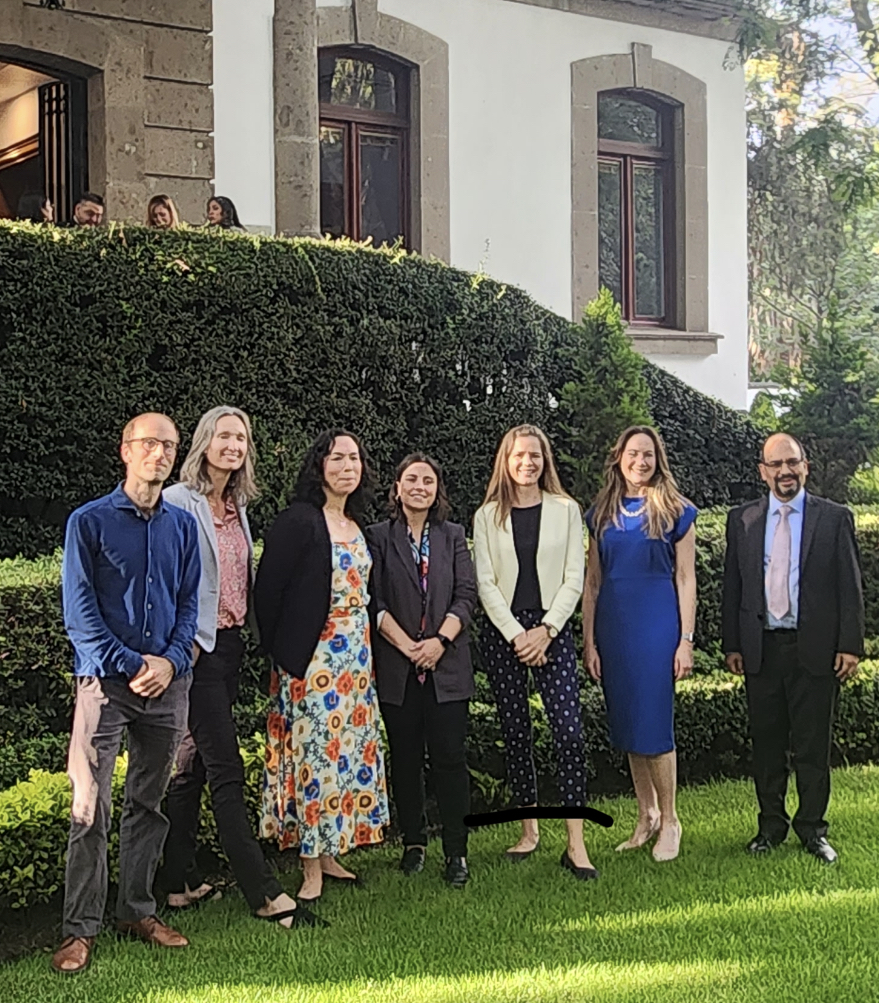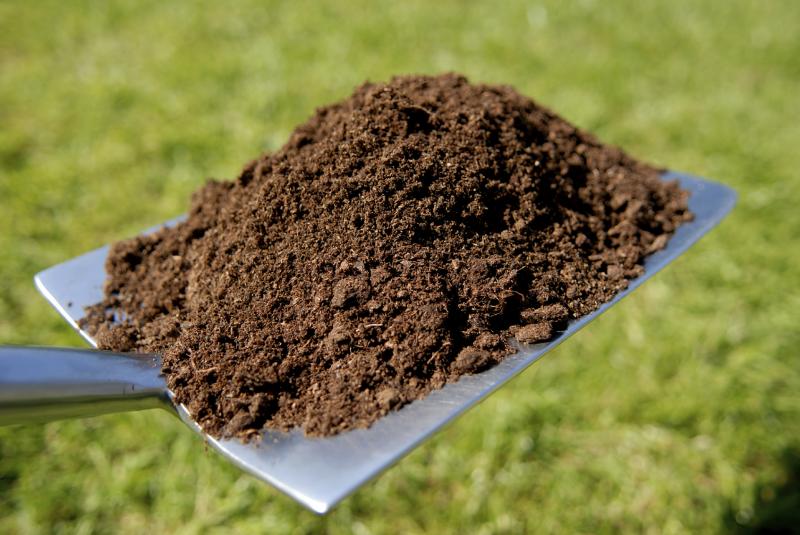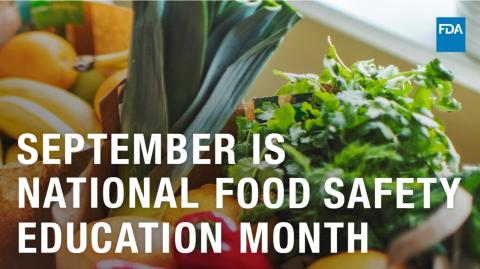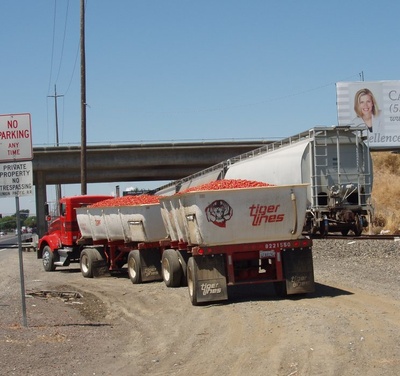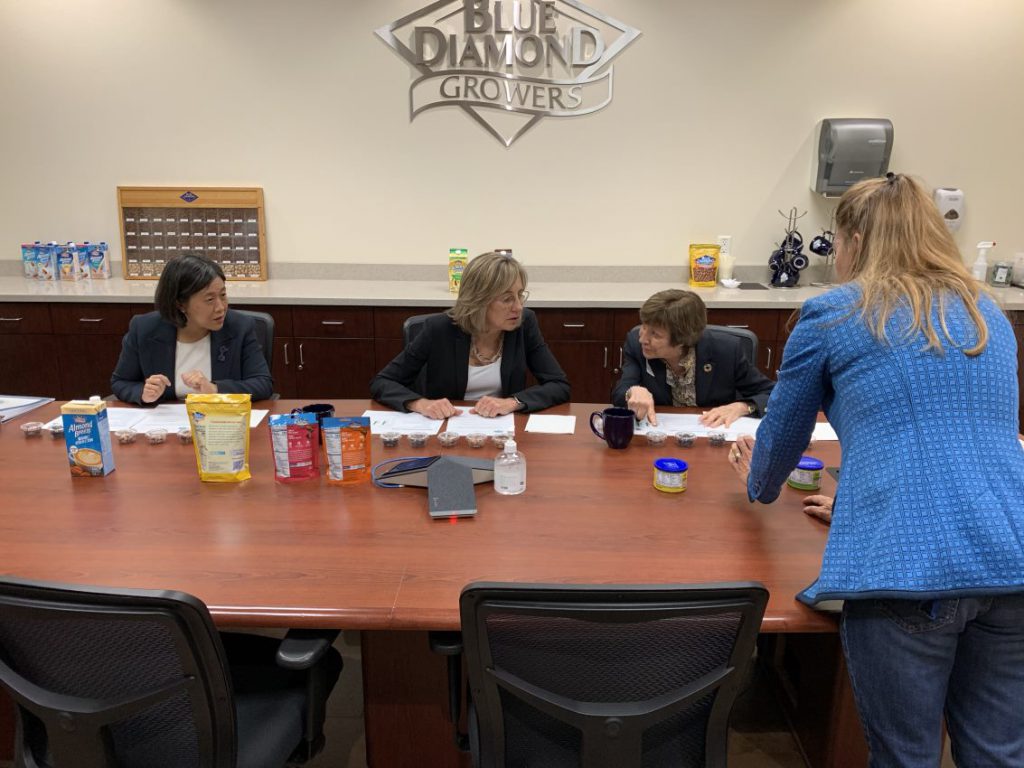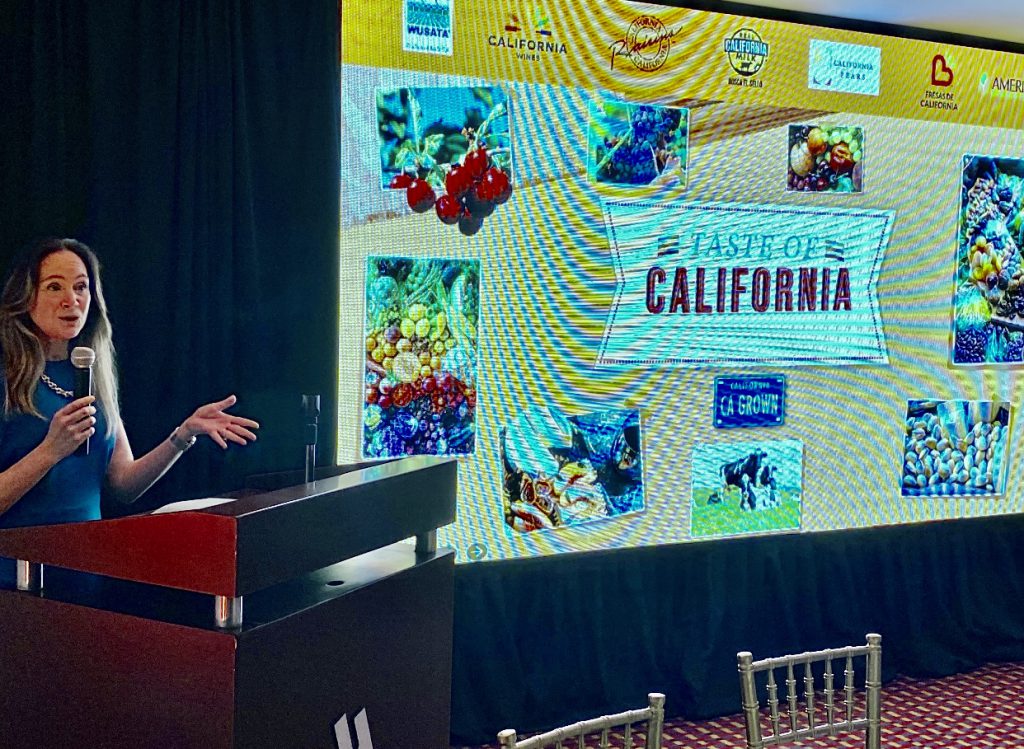From Agri-Pulse
By Steve Davies
A new study of 30 geographically diverse farms suggests growers who consistently employ soil health management practices such as cover crops and reduced tillage can spend less on inputs and make more money.
The numbers generated by the study led by the Soil Health Institute and National Association of Conservation Districts are not trivial: On average, soil health management systems, or SHMS, boosted net farm income by $65 per acre across 29 farms. One organic farm was not included in the average because its relatively high revenue from organic price premiums would have skewed the results.
“Yield increases due to SHMS were reported for 42% of farms growing corn, 32% of farms growing soybean, and 35% of farms growing other crops,” the two organizations said. The groups collaborated with USDA’s Natural Resources Conservation Service in the study.
The 30 farms were located in 20 states: Three each in Iowa and Alabama, two in Delaware, Idaho, Indiana, Minnesota, Mississippi and South Carolina, and one in California, Colorado, Georgia, Michigan, Ohio, Oklahoma, Oregon, South Dakota, Tennessee, Texas, Washington and Wisconsin.
Other studies have detailed the benefits to farmers’ bottom lines of managing for soil health, but the latest one is unusual because it includes farms from all over the U.S. planting a wide variety of crops and incorporates video narratives of the producers discussing their experiences.
“You don’t need to be afraid of trying things,” Minnesota producer Richard Cunningham said in one of those videos. Cunningham and his father, Ian, raise beef cattle and grow corn, soybeans and alfalfa on their land in the state’s Lower Big Sioux River Watershed. The operation has been in the family for 134 years.
“Whenever you can get more production with less input costs, whenever you can plant and timely harvest your crop, or better yet to have animals harvest the crop and spread the manure, that’s money in the bank,” Ian Cunningham says.
The fact sheet accompanying the video says that on the Cunningham farm, “methods of reduced tillage have been applied for approximately 70 years with no-till soybean and strip-till corn production for 20 years. The farm has planted cover crops for 10 years.”
“We try to incorporate cover crops on our land at least once a year on every acre,” Ian said. They also try to have the cattle graze cover crops annually.
The Cunninghams reduced their nitrogen costs for corn by about $22 an acre, applied less potassium and phosphorus, and they eliminated the use of a residual herbicide in a post-plant tank mix for corn. They also no longer had to use one herbicide in a pre-plant spray and one post-plant spray trip for soybeans. “Total reduced expenses were $55.94/acre for corn and $56.58/acre for soybean,” the fact sheet says.
“We’re using less fertilizer and consistently getting higher yields than other systems,” Ian says in the video.
There have been other benefits — less soil compaction and better water infiltration, for example.
“When we look at our neighbors having difficulty getting equipment stuck [because of wet fields], we don’t have those issues,” Ian says.
Other farmers claim similar results.
Average savings from implementing soil health management systems were $14 an acre for corn and $7 an acre for soybeans. The cost to grow all other crops went down by $16 an acre.
SHI experts who worked on the study said it stands out because of the farms’ locations, their crops, and the farmers’ on-camera explanations.
The individual stories are important, said SHI Chief of Staff Emily Bruner. “It’s really helpful to have those kinds of individual stories, because every farm is different in their journey,” she said.
SHI’s reports often aggregate data, she said, while the latest report offers testimonials from the farmers themselves.
“We hear time and time again from farmers that one of the best ways that they were able to stick with something is that they found colleagues, neighbors, farmers, technical assistance right in their area,” Bruner said. “So I think that’s a piece of this study that’s really, really interesting, of having that kind of narrative piece attached.”
Besides corn and soybeans, farmers in the study grow canola, chickpea, cotton, dried bean, grain sorghum, millet, pea, peanut, rye, sunflower, walnut, and wheat.
While there are long-standing concerns in dry regions of the country about cover crops, SHI ag economist Archie Flanders said the researchers found no areas where it wasn’t possible to carry out the practice. “Even some of the drier areas, they were able to use cover crops,” he said.
“The issue that comes up [from farmers] is, it’s too dry here, I don’t want to suck up all the moisture with a cover crop,” Flanders said. He added, “We have farmers tell us that actually, cover crops would protect the limited soil moisture that they had.”
While the ability to grow cover crops is “totally on an individual case-by-case basis,” Flanders said “farmers are able to figure it out when they can. So we can’t really say, it’s just not possible to do cover crops, it may not be possible to do every year, but in our work, it is demonstrated to be feasible in every geographical area.”
Cover crops are most commonly employed in states along the Atlantic seaboard, according to the 2017 Census of Agriculture. “The 11 states with cover crops as the highest share of cropland all border the Atlantic Ocean,” according to a paper by two ag economists who examined that data: Maryland (29%), Delaware (20%), Connecticut (15%), New Jersey (14%), Virginia (13%), Rhode Island (13%); Pennsylvania (13%), Georgia (12%), Maine (12%), Massachusetts (10%), and North Carolina (10%).
The six states with the smallest share are in the northern U.S., economists Carl Zulauf and Ben Brown said in their 2019 paper. “With the exception of Alaska, (they) are associated with drier climates during the growing season: Montana (1%); Alaska (1%), Colorado (1%), South Dakota (1%), North Dakota (1%), and Wyoming (2%).”
Overall, the 2017 census showed that cover crop adoption had increased from 10.3 million acres in 2012 to 15.4 million acres in 2017, a nearly 50% jump.
Learn more about soil health at CDFA’s Healthy Soils Program web page
